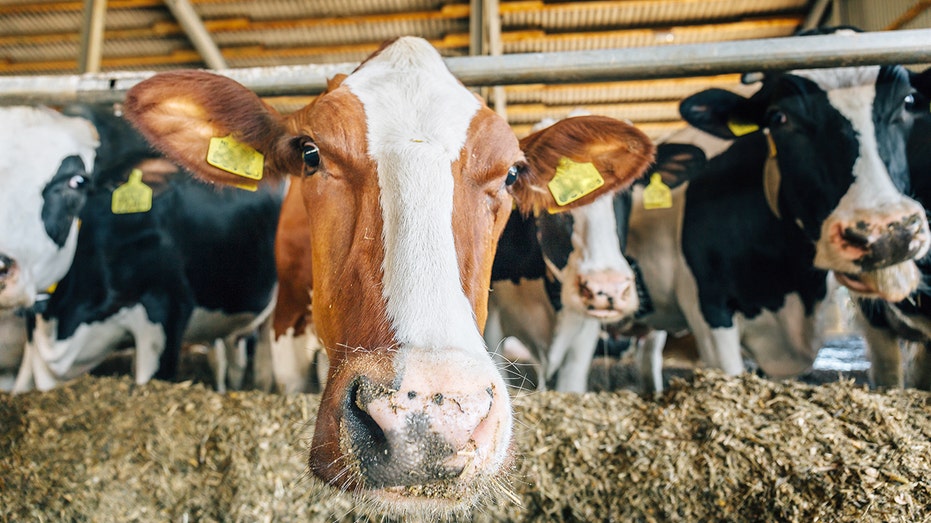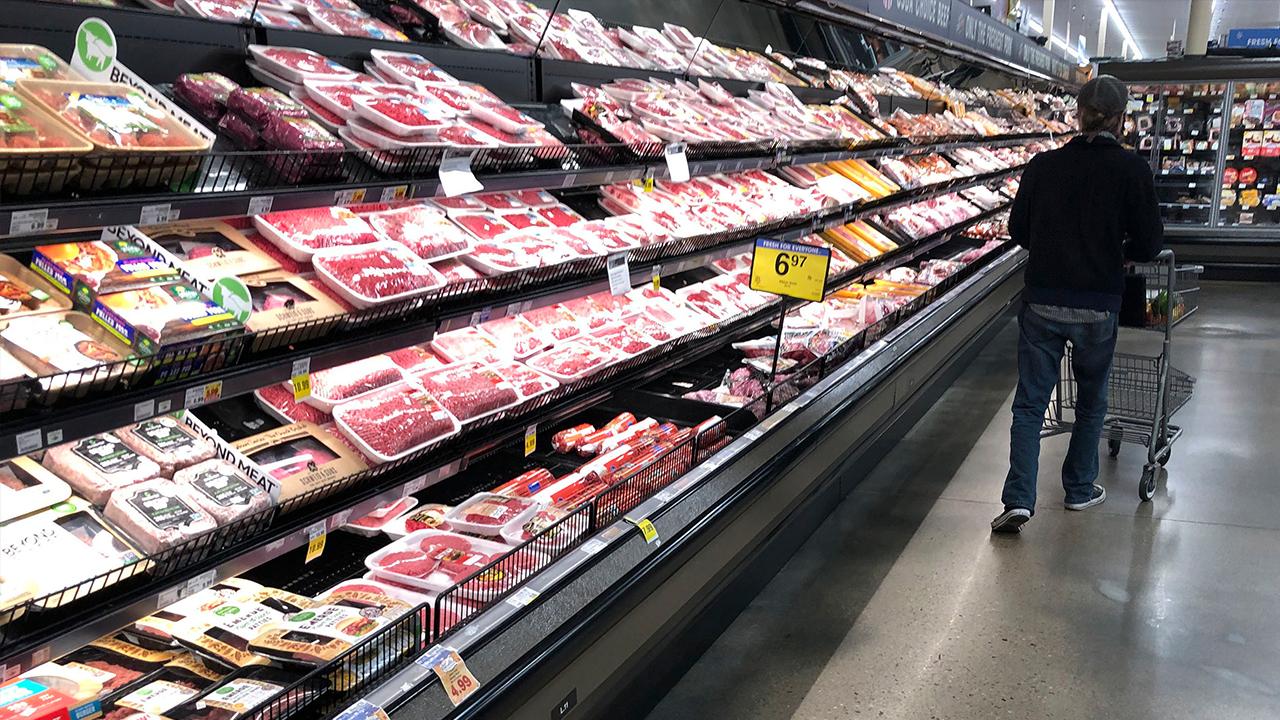Tyson, Cargill among meatpackers that practiced 'cartel'-like price fixing: Lawsuit
Wholesale prices spiked by 59% during period of alleged price-fixing, according to the lawsuit
Some of the nation’s largest meatpackers, including Tyson Foods and Cargill, were sued for collaborating in a “cartel”-like manner to limit the meat supply and, in turn, increase wholesale prices, according to recently filed court papers.
| Ticker | Security | Last | Change | Change % |
|---|---|---|---|---|
| TSN | TYSON FOODS INC. | 65.26 | +0.06 | +0.09% |
Since at least 2015, Tyson, Cargill, JBS USA Food Company and National Beef Packing Company worked together in a “concerted scheme to artificially constrain the supply of beef entering the domestic supply chain,” according to the lawsuit filed Saturday in Minneapolis federal court. This “collusive restriction … has had the intended effect of artificially inflating beef prices.”
MANUFACTURING COMPANY IN MINNEAPOLIS SINCE 1987 LEAVING CITY AFTER VIOLENT PROTESTS
Cargill and Tyson declined to comment on the matter. Reps for the other companies did not immediately respond to FOX Business' requests for comment.
The suit was filed by Illinois-based Central Grocers and is seeking class-action status on behalf of other wholesale beef purchasers who “paid higher prices than they would have paid in a competitive market.”
The defendants sold roughly 80 percent of the “more than 25 million pounds of fresh and frozen beef” in the U.S. market in 2018, court papers show.
FARMERS TO FEED COWS SEAWEED TO CUT DOWN ON GAS EMISSIONS

(iStock)
MEAT PRICES FALL DESPITE CORONAVIRUS HITTING PRODUCTION FACILITIES
“Collectively, they controlled approximately 81 [to] 85 [percent] of the domestic cattle processed (or slaughtered) in the market” since 2015, the lawsuit states. “The next largest meatpacker had only a 2 [to] 3 [percent] market share.”
The complaint further describes how a confidential witness revealed that each of the companies identified in the suit “expressly agreed” to decrease its purchase and slaughter volumes and, in turn, increase margins.
GET FOX BUSINESS ON THE GO BY CLICKING HERE
Their methods include “purchasing fewer cattle than a competitive market would otherwise demand and running their processing plants at less than available capacity,” according to the suit. “These practices created surpluses in the cattle market and shortages in the wholesale beef market … [which], in turn, drove down the prices Defendants pay for cattle and boosted the prices [they] command.”
Between 2010 and 2014 they saw an “average farm-to-wholesale spread” of about $34 – a figure that increased by 59 percent, to roughly $54 from 2015 through 2018, court papers show.
DOJ EYES MEAT INDUSTRY AMID CORONAVIRUS FOR ALLEGED PRICE FIXING
Both the Department of Justice and the Department of Agriculture are reportedly investigating the companies after allegations of illegal price-fixing. In March, Agriculture Secretary Sonny Perdue, while announcing the USDA’s investigation during government testimony, described how “the difference between prices for live cattle and prices for wholesale boxed beef was ‘historically high,’” the lawsuit states.
READ MORE ON FOX BUSINESS BY CLICKING HERE




















